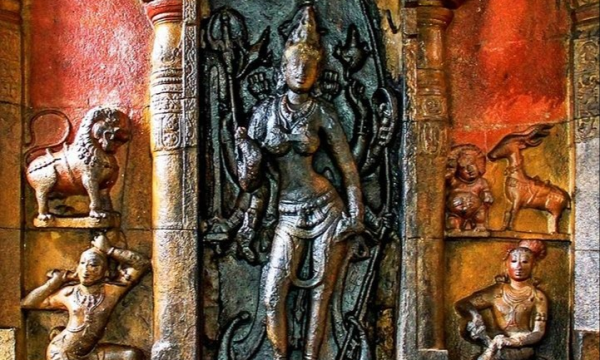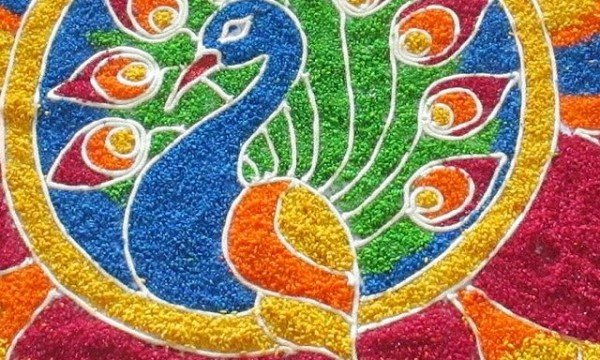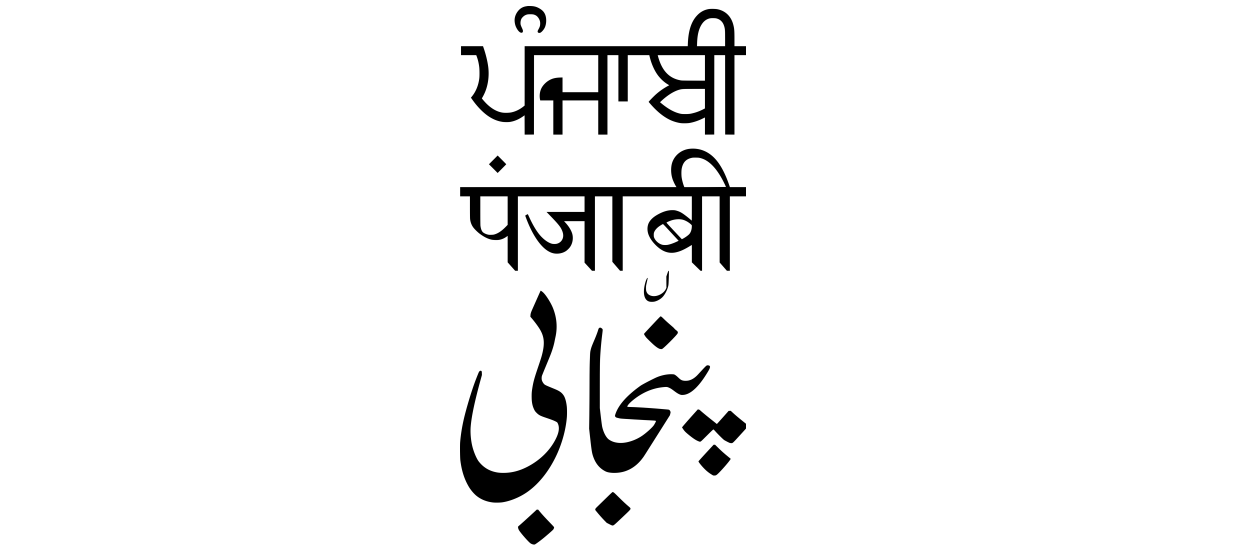
Arabic is one of the ten most spoken languages in the world. It is the predominant language of the Middle East and North Africa, including Saudi Arabia, Qatar and the United Arab Emirates – countries with a significant Tamil population. Furthermore, Arabic is the language used in Islam; since Muslims are expected to read and interpret the works of the Quran, they are expected to read the Arabic found in this religious text.
Arabic has had a great influence on many other languages as a result of the expansion of Islam and Arab culture into India, Malaysia and Indonesia. It is not difficult to see the Arab influence in these regions, especially in what are now Muslim dominated countries. Languages such as Kurdish, Persian, Pashto, Punjabi, Sindhi, Urdu and Malay have strong ties to Arabic with respect to vocabulary and script.
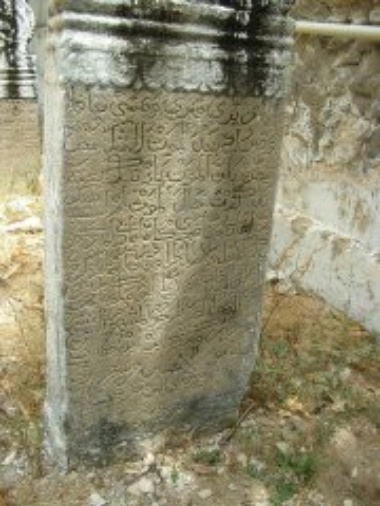
Punjabi is a clear example of this. After the partition of India at independence, the state of Punjab was divided in two: the eastern portion became the Punjab state of India while the western portion became the Punjab state of Pakistan. This partition resulted in some divergence in the culture and religion of the two sides. However, what is most remarkable is the script of the two Punjabs. The script of western Punjab is an Arabic-type script, while eastern Punjab uses an entirely different script. While the scripts form the same phrases for the most part, they use completely different alphabets to do so.
Arab culture has also had an impact on the Tamil world. Cities such as Colombo and Trincomalee had ports that allowed for effective trade between the Middle East and Southeast Asia. Tamil was also the dominant language in South India and northern Sri Lanka, and it seems reasonable that Arabs would have had a need to interact with the Tamils in order to ensure effective trade. Islam is practiced by many Tamils and a significant number of Muslims have contributed to Tamil culture. And just as with Punjabi and other languages, this influence is also found in an Arabicized script that has been adapted into the Tamil language, known as "Arwi".
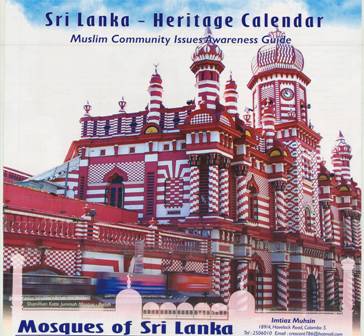
Arwi (لسانالأروي orlisān al-arwi) is a written language that represents the Tamil alphabet in Arabic script. In Tamil script, Arwi is அர்வி or more commonly known as அரபுத்தமிழ் or Arabu-Tamil. The purpose of Arwiis is to serve as a bridge language for Tamil Muslims to learn Arabic in order to improve their skills in reading the Quran and other Arab literary works.
The Arwi alphabet is the same as the Arab alphabet, but includes thirteen additional letters to represent Tamil consonants whose sounds do not exist in the Arab alphabet. While spoken Arwi is pretty much extinct in the present Tamil world, the written language is still taught in South India.
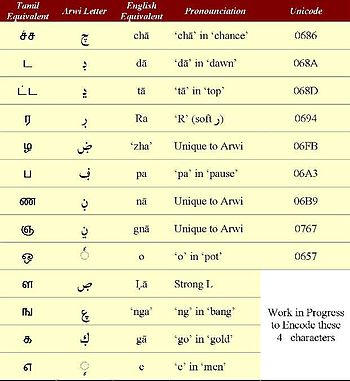
Arwiis used in literature to address topics such as Sufism (a sect of Islam), law and medicine. There are even records of religious scriptures translated into Arwi including the Bible and the Hadiths (scriptures that mention the works of the prophet Muhammad). Muslim scholars in the Tamil regions asserted the importance of the use of Arwi because it served as a safeguard for people in order to avoid committing potentially major linguistic mistakes through the Tamil transliteration of Arabic terms. A similar analogy would be the fear of mispronouncing Tamil words and names because they are transliterated using the English alphabet. A Shaikhuna (academic doctor) described Arwi as follows:
“ … Arwi safeguarded the interests of the Muslims. It was a panacea for several social diseases for centuries. It was fondly and fervently nurtured by selfless social diseases for centuries. It was fondly and fervently nurtured by selfless savants and holy saints. Its necessity was intensely felt by all the noble minds of the community. And it had been the recipient of the support and assistance of the masses as well as intellectuals. This shows the importance and indispensability of this noble language for the religious life and unity of the Arwi speaking Muslims. If the present generation realises the secret of the importance attached by these foresighted men to Lisanu-l Arwi, the community has a great future.”
The Tamil population is not only diverse due to the nature of its diaspora, but also through the diversity in the lineage of the people themselves. Although Hinduism is the predominant religion of Tamils, there are many Tamils who follow the teachings of Islam. Arwi is a unique addition to the culture. And though it doesn’t play a larger role as in the case of an Arab-based script for the Punjabi language, it serves as a portal to another unique dimension of Tamil culture that may be overlooked more than it should.
Attempts to revive the bridge language have also become more apparent in recent years. As attempts for the revival of written Arwi continue to grow, I hope that it continues to serve as an aid for Tamil Muslims to better grasp the Arab language and the teachings of Islam as well. As A.R. Rahman says, எல்லாபுகழும் இறைவனுக்கே!
Sources: taqwa.sg/v/articles/arwi-the-tamil-muslim-vernacular sailanmuslim.com/news/arwi-language-arabic-tamil
Related:
The Women of Arabia Wore Shalwar Kameez in the 7th Century








